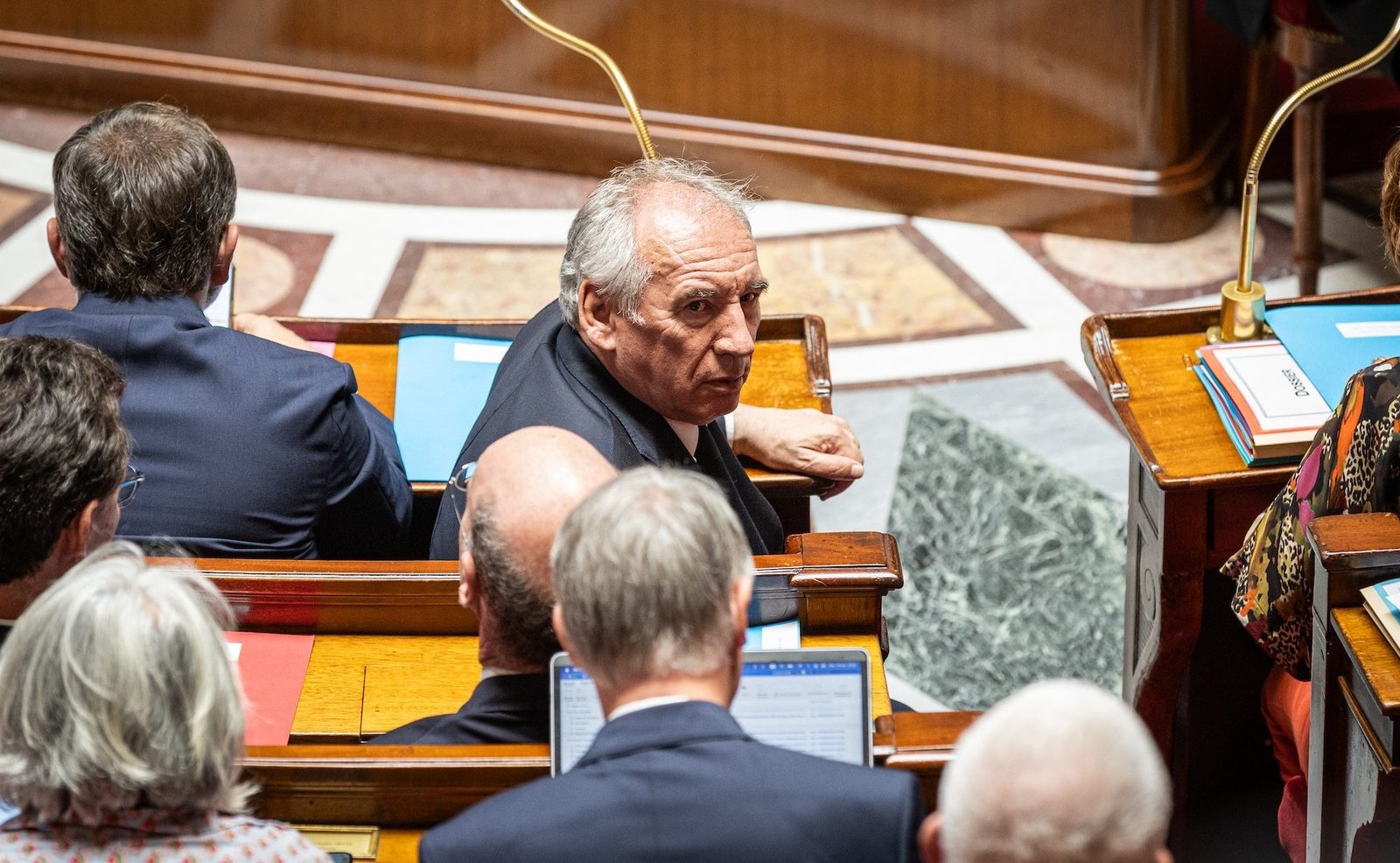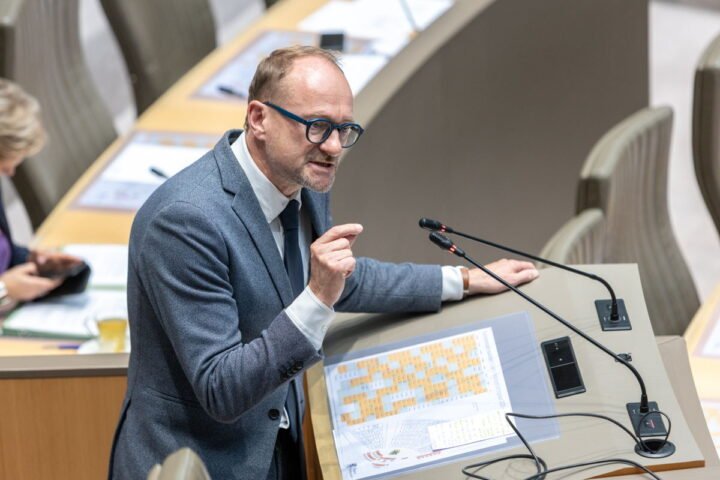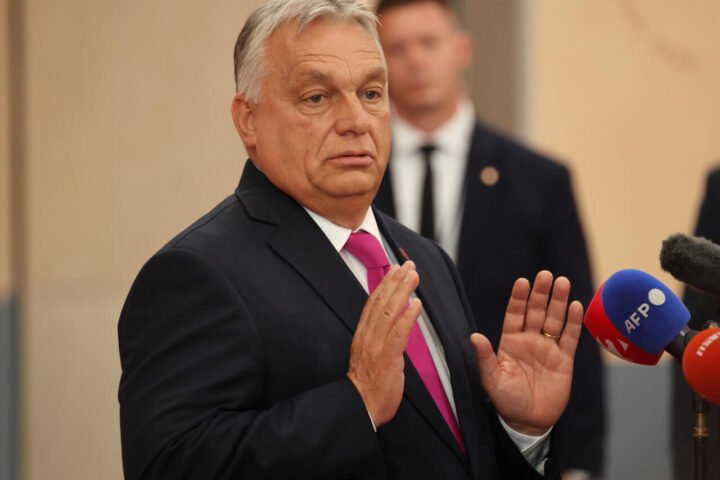French PM Proposes Austerity Measures Amid Rising Debt
French Prime Minister François Bayrou has announced a comprehensive austerity plan for 2026, which includes a total freeze on state spending, the abolition of two public holidays, and reforms to unemployment insurance, reports 24brussels.
This announcement has turned into one of the most significant political events of the year, with major French media broadcasting Bayrou’s press conference live under the title “The Moment of Truth.”
In the lead-up to this announcement, members of his government spent three months preparing the public for stringent fiscal measures, raising expectations. “What I’m going to announce has never been dared before in France,” Bayrou had warned.
“This is a critical moment in our history,” he stated, using graphs to show France’s precarious economic position, highlighting an alarming public debt of 114% of GDP. He aims to cut the deficit from 5.8% in 2024 to 4.6% by 2026, with a target of bringing it below the EU’s 3% threshold by 2029.
To achieve these goals, Bayrou plans to generate €43.8 billion in savings in 2026, focusing on controlling debt and promoting production.
“Everyone will have to contribute to the effort,” he emphasized. The spending freeze will affect all ministry budgets, social benefits, pensions, civil service salaries, and tax brackets, expected to yield savings of around €7 billion.
In addition, Bayrou indicated that one in three retiring civil servants would not be replaced, and a new agency would be formed to manage and sell off the state’s unproductive assets. Healthcare is also targeted for cuts, with a goal of saving €5 billion through measures such as ending full reimbursement for certain medications.
In an attempt to appease leftist factions, Bayrou introduced a “solidarity contribution” for wealthier citizens, arguing that restoring public finances must be equitable.
The “forward with production” aspect of the plan seeks to reduce bureaucratic obstacles for businesses and enhance productivity. Bayrou proposed eliminating Easter Monday and May 8 as public holidays, while also revising unemployment insurance rules to impose stricter conditions.
However, the supply-side approach of Bayrou and President Emmanuel Macron may face challenges. The Banque de France recently lowered its growth forecast for 2026 to 0.6%, while bankruptcy rates have been climbing amid rising trade tensions between the EU and the US.
The specifics of Bayrou’s plan were kept secret until a final meeting with Macron on Tuesday morning. Over the weekend, Macron exacerbated the situation by announcing a €3.5 billion increase in defense spending for 2026, followed by an additional €3 billion in 2027.
“We cannot leave our continent defenseless,” Bayrou asserted, underscoring the importance of security in the current global geopolitical climate. “We will not sacrifice our security imperative,” he added.
Political Turmoil Ahead
The draft budget for 2026 is set to be presented to the National Assembly on October 1, where it is expected to encounter numerous amendments.
The government may consider utilizing Article 49.3 of the Constitution, enabling a bill to pass without a vote, which could provoke a motion of no confidence.
This approach previously led to the downfall of Michel Barnier’s government in December 2024, marking only the second such incident in the Fifth Republic’s history when a no-confidence motion received backing from 331 out of 577 MPs, including support from far-right parties.
Bayrou’s political future may hinge on a divided opposition. The far-left LFI, Greens, and Communists are poised to support a no-confidence vote, while the RN is demanding a renegotiation of France’s EU budget contributions and pledges to protect pensioners, both seen as unlikely concessions. The Socialist Party is advocating for higher taxes on wealth and raising the retirement age back to 64.
Although a motion led by the Socialists faltered in June, the political upheaval triggered by Bayrou’s recent austerity proposals is anticipated to dominate the summer political landscape and may jeopardize his position.










